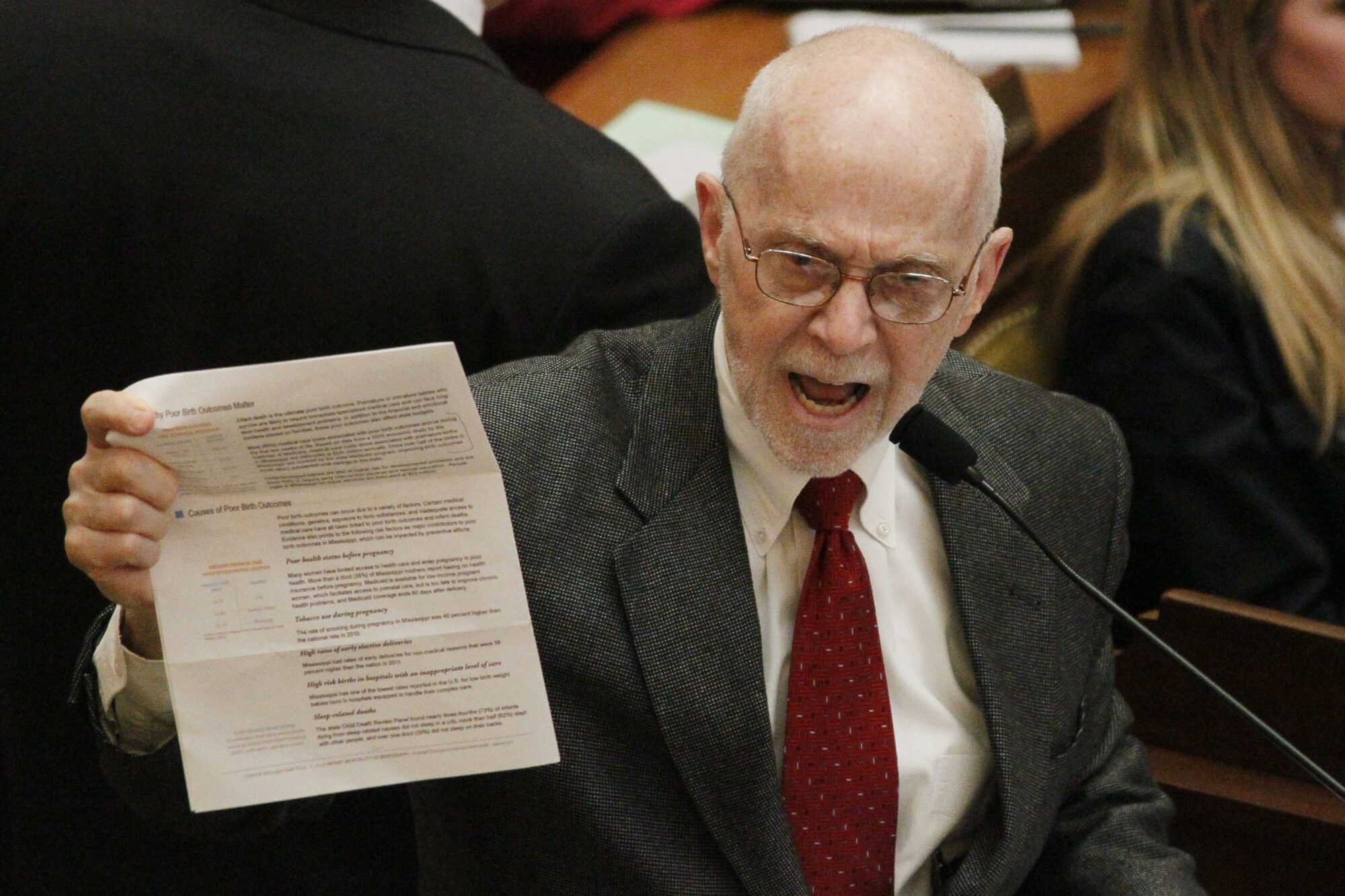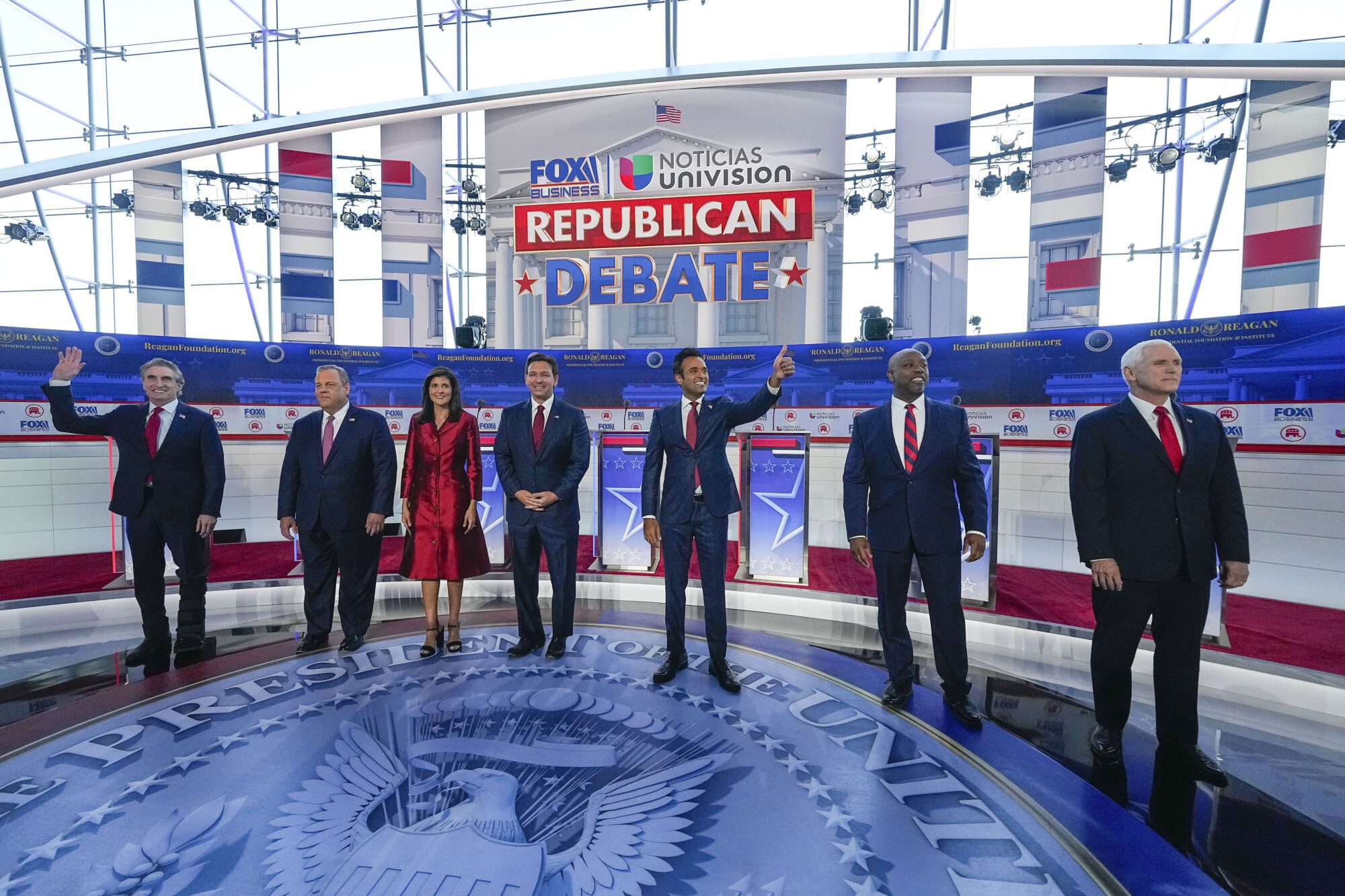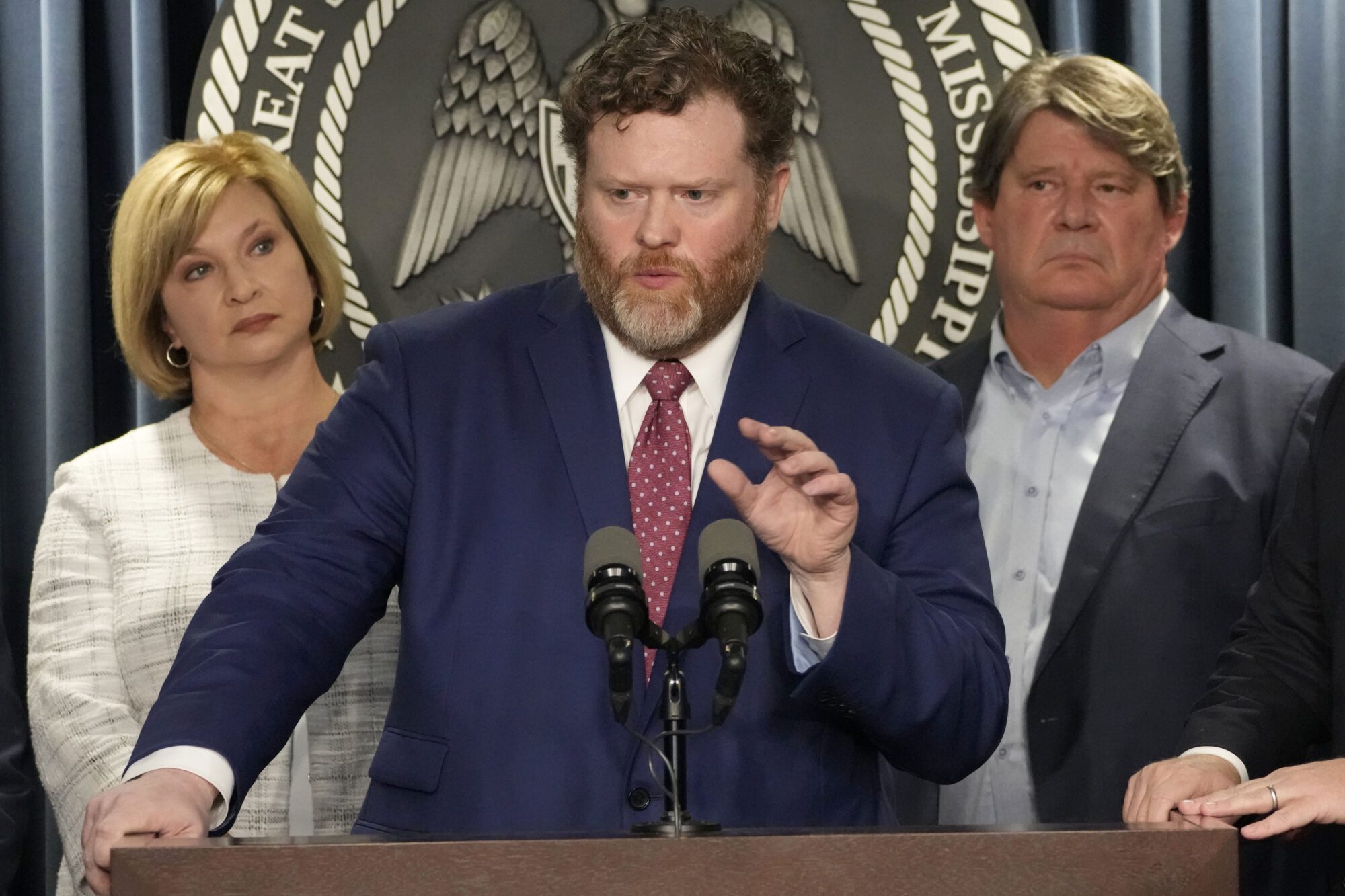
Fmr. Democratic Representative Cecil Brown (AP Photo/Rogelio V. Solis)
Former legislator Cecil Brown argues that Gov. Reeves’ Medicaid proposal to add $700 million to hospital funding is not enough & that full Medicaid expansion is necessary.
In recent years there have been reports of many Mississippi hospitals being at risk of closing. The projected numbers have ranged from 27 to more than 40.
There are numerous causes, but money is the big one. In fairness, Mississippi is not alone in this problem. Across the country changes in medical delivery systems and patient preferences are causing disruptions in the US medical system.
And, in most cases, hospitals lose money on both Medicare and Medicaid patients and have substantial write offs from “fee for service” patients who do not pay their bills. This combination of losses is called uncompensated care.
The problem has become a major issue in our upcoming election for governor. The two major candidates have offered completing proposals to help shore up hospital finances. Both assume the use of substantial additional federal Medicaid funds.
Thus, either proposal would have to be approved by the federal government. Remember, Medicaid is a joint federal/state health insurance program for folks who cannot afford private insurance and who do not have access to employer-provided health plan. All federal receipts must be matched in some percentage by the state.
After being quiet on the issue for months, Governor Reeves recently offered a plan that he says would provide an annual additional $689 million to Mississippi hospitals. The funds would come from a combination of new federal funds and an increased tax on Mississippi hospitals.
Setting aside the question of why the Governor has waited nearly all the 8 years he was Lt. Governor, and nearly all the 4 years he has been Governor, to offer a partial solution, there are problems with his proposal.
First, part of the federal funding would come from an increase in the Mississippi Hospital Access
Program (MHAP) – a projected additional $400 million. But one recent estimate of what the adjustment to MHAP would bring in was only $40 million, not $400 million.
The remaining federal money would come from a change in a federal program that pays hospitals to help recover the aforementioned losses they incur in providing Medicaid services. It’s called the Upper Payment Limit (UPL) and has been in place for many years.
The Governor’s calculations seem to assume all UPL money, not just new money, would be used for his new program even though most of it is current UPL funds that are already being spent on the existing Medicaid program.
Finally, the Governor’s program would not provide insurance coverage to Mississippi’s thousands of insured. Therefore, the portion of uncompensated care attributable patient bill write offs would continue.
On the other hand, for years Commissioner Brandon Presley has supported expansion of the Medicaid program to cover some 200,000 mostly working Mississippians who currently have no health insurance.
Forty states and the District of Columbia have expanded Medicaid with overwhelmingly positive
results. In those states the number of low-income uninsured individuals has been substantially reduced. Thousands of high paying private sector jobs have been created. State budget revenues have increased. Community hospitals’ percentages of uncompensated care have been falling. Health care outcomes have been improved. Lives have been saved.
Estimates by independent researchers are that in Mississippi expansion would generate more than one billion new dollars in revenue each year.
Meanwhile, if the Governor’s plan works it would help hospitals, but it does nothing to help pay other medical costs for patients. According to the Census Bureau, of Mississippi’s nearly 3,000,000 people, almost 450,000 have no health insurance.
If they get sick, they pay the costs out of pocket or they don’t get treatment. No money, no treatment. Hospitals are required to “stabilize” patients, but not to cure them. Pharmacists and doctors typically require insurance or proof of ability to pay prior to providing services.
Federally qualified health centers fill some of the gaps, but typically do not have specialists, provide inpatient care, offer expensive diagnostic services, or fill prescriptions. Medicaid expansion would cover most of these costs.
Finally, there is a big difference in the financing between the two plans. While Gov. Reeves projections for his plan are for an additional $689 billion annually, projections for Medicaid expansion receipts exceed $1 billion annually.
In addition, for the Governor’s plan the state or the hospitals would have to pay roughly 25% of the cost. The state match rate for Medicaid expansion is substantially less, just 10% of the total cost.
Study after study and real-life experiences from other states have shown that Medicaid expansion is cost neutral to states. The combination of reduced uncompensated care at state hospitals and spinoff economic activity and additional taxes from the newly created jobs would more than cover the states’ 10% share of the cost. Or the legislature could opt to increase the tax on hospitals as the Governor has suggested.
The hospital crisis is real and must be addressed. Neither the Governor’s plan nor Commissioner Presley’s plan totally solves the problem, but Medicaid expansion provides more money at less cost and helps provide health insurance to Mississippi’s working poor.









